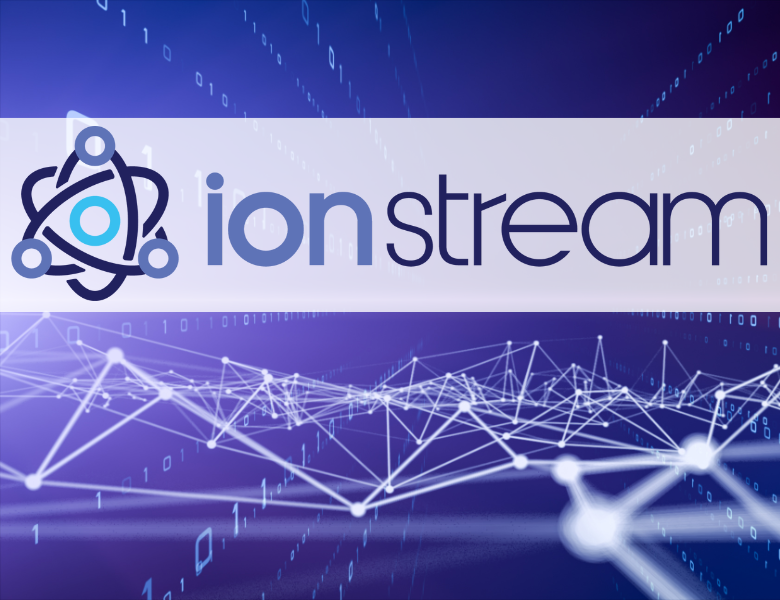In the race to harness artificial intelligence for competitive advantage, companies are investing heavily in infrastructure to support model training, inference, and data processing. While cloud platforms offer convenience and scalability, a growing number of enterprises are discovering that bare metal servers (automated – dedicated / private physical server) can deliver significantly better ROI for AI workloads.
The Cloud Convenience Trap
Cloud services have revolutionized IT operations with on-demand resources, elastic scalability, and minimal upfront investment. However, these benefits come at a cost literally. For AI workloads, especially those involving large-scale training or real-time inference, cloud pricing models can quickly become unsustainable.
- High GPU costs: Cloud providers charge a premium for GPU instances, often with hidden costs for storage, data transfer, and idle time.
- Variable Performance: Shared environments can lead to unpredictable performance due to noisy neighbors and throttling.
- Vendor lock-in: Proprietary tools and APIs can make it difficult to migrate or optimize workloads across platforms.
- Virtualization Overhead: an unnecessary layer for control that takes a performance tax on the server which is not present in bare metal. You do not give up the control and management interface with bare metal cloud.
Bare Metal: Performance Meets Predictability
Bare metal cloud infrastructure offers a compelling alternative for companies serious about AI:
- Superior Performance
AI workloads thrive on raw compute power. Bare metal servers provide direct access to hardware, eliminating the virtualization overhead common in cloud environments. This translates to:
- Faster training times
- Lower latency for inference
- Better throughput for data-intensive tasks
- Cost Efficiency at Scale
For companies running continuous AI workloads—especially training large models or serving inference at scale bare metal delivers dramatically better ROI. The savings compound over time, enabling reinvestment into talent, data, and innovation.
- ionstream’s bare metal pricing is 60–75% lower than some competitor’s on-demand rates.
- Unlike cloud platforms, ionstream offers unmetered bandwidth, real-time provisioning, and no shared resources, which means better performance per dollar.
- Even compared to lower-cost cloud startups, ionstream remains competitive while offering enterprise-grade reliability and Tier 4 designed data center infrastructure.
- Customization and Control
Bare metal comes with the same familiar cloud vm style control panel that allows organizations to tailor their infrastructure to specific AI needs while retaining dedicated server control:
- Choose optimal GPU configurations
- Fine-tune networking and storage
- Implement custom security protocols
This level of control is essential for industries with strict compliance requirements or unique performance demands.
- Data Sovereignty and Security
With bare metal, data stays on-prem or in a dedicated facility, reducing exposure to third-party risks.
Bare Metal Advantage: Full Control, Full Transparency
With bare metal infrastructure whether on-premises or in a dedicated colocation facility organizations have complete control over:
- Physical location of data: You choose where your servers reside, ensuring data stays within specific jurisdictions.
- Access policies: Only your team or designated partners can access the hardware, reducing exposure to third-party risks. Optional TEE trusted execution environment fully encrypts all layers of the computer where your data is present.
- Auditability: You can implement custom logging, monitoring, and compliance frameworks tailored to your industry.
Cloud Risk: Shared Infrastructure, Uncertain Boundaries
Cloud platforms operate on multi-tenant architectures, meaning your data may be stored alongside other customers’ data, often across multiple regions. While cloud providers offer compliance certifications and regional controls, there are inherent limitations:
- Data replication: Cloud services may replicate data across regions for redundancy, sometimes outside your control.
- Opaque infrastructure: You don’t control the physical servers, making it harder to verify compliance or prevent unauthorized access.
Even with region-locking features, cloud providers often retain metadata, logs, and backups in other jurisdictions, which can complicate compliance.
Strategic Implications
- Bare metal ensures data residency: You know exactly where your data lives and who can touch it.
- Cloud introduces sovereignty ambiguity: Even with best efforts, full compliance may be difficult to guarantee.
For companies prioritizing regulatory compliance, IP protection, and customer trust, bare metal infrastructure offers a clear strategic advantage in data sovereignty.
Real-World Impact: AI ROI in Action
Companies that transition to bare metal for AI often report:
- 30–50% reduction in infrastructure costs
- 2–3x improvement in model training speed
- Greater predictability in budgeting and performance
These gains translate directly into faster innovation cycles, better product experiences, and stronger competitive positioning.
Conclusion: Strategic Infrastructure for Strategic AI
Hyperscaler shared Cloud platforms will continue to play a role in AI development, especially for prototyping and burst workloads. But for organizations committed to AI as a core capability, bare metal cloud offers unmatched ROI, performance, and control.
The future of AI infrastructure isn’t just about scale it’s about smart investment. And for many, that means going back to the metal.
Contact ionstream sales for more information
